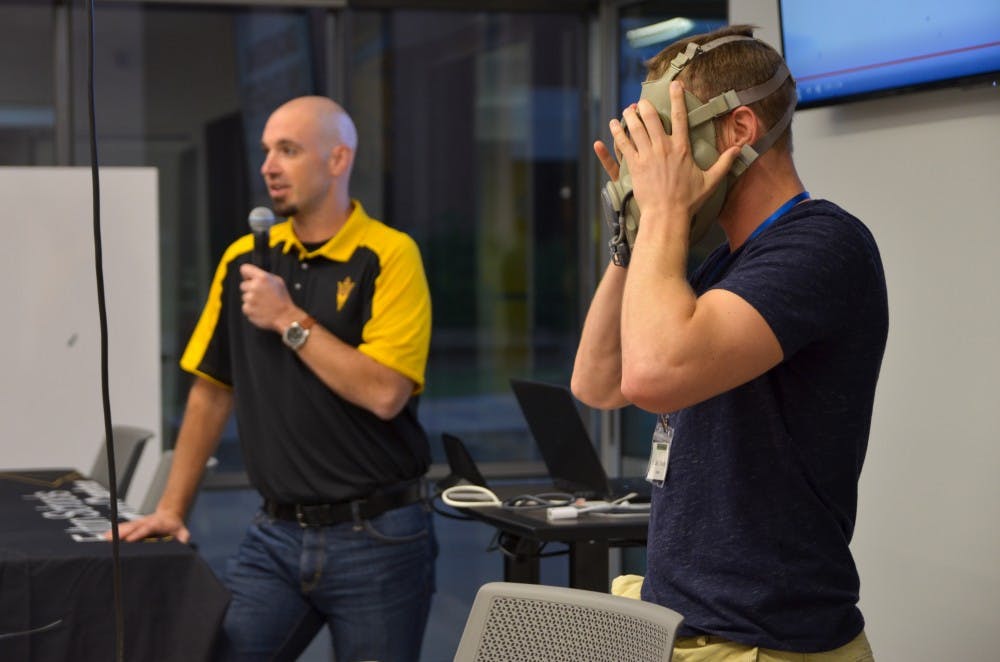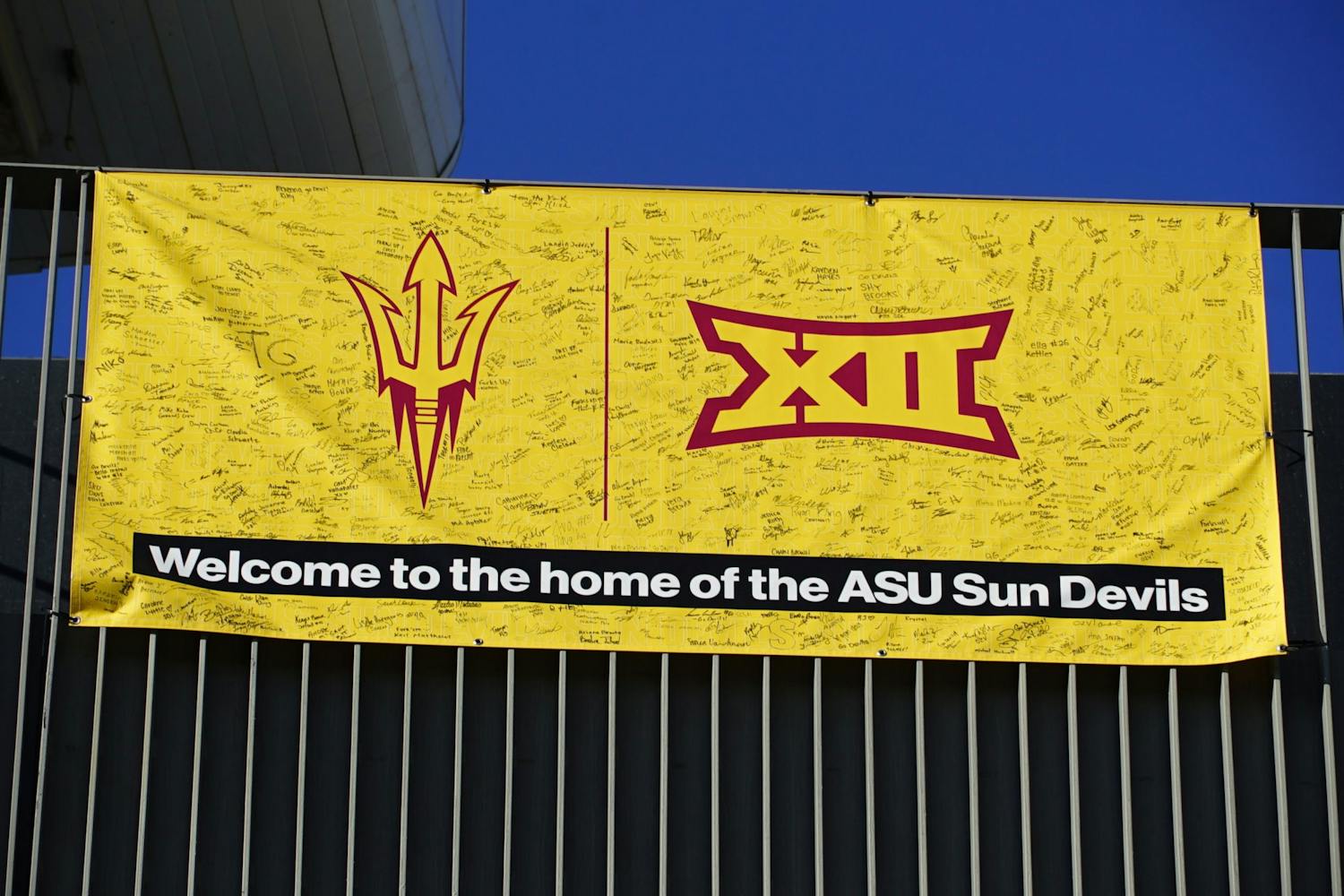Last weekend, dozens of students decided to forego their usual weekend festivities by participating in the 36-hour Fulton Furnace Hackathon in the Arizona State Generator Labs.
The goal of the hackathon is to foster new ideas in engineering by putting students against one another to identify and solve sustainability problems facing our world today.
Over the course of the hackathon, students must form teams and collaborate to find a problem that they can address through an engineering solution. They then work to design, fabricate and build these inventions over the course of a few days and present them to the judges.
The theme of this event was "Fallout," referencing the popular apocalypse-themed video game. This meant students had to design innovative solutions for those poor souls forced to wander a radioactive post-apocalyptic wasteland.
“We wanted to tie this in with Fallout as something that would really resonate with the students,” Scott Shrake, one of the main faculty involved in the inception of the project and the director of the Fulton Schools Engineering Projects in Community Service program, said. “We used this post-apocalyptic element to tie into sustainability.”
Resolving post-apocalyptic is not just an exercise in imagination.
Many of the problems faced by the hypothetical dwellers of the apocalypse are similar to those faced by inhabitants of developing or war-torn nations.
Fulton Furnace Fallout Hackathon from The State Press on Vimeo. Video by Mingson Lau.
Issues like disease, safety and the availability of clean water are significant, and students can actually use their skills to address these problems.
“When I was an engineering undergrad, everything we did was theoretical," Shrake said. "This is an opportunity to do something hands-on."
The students also had plenty of equipment to dirty their hands as well.
Joshua Kosar, president of the Rossum Rumblers robotics team and an engineering undergrad at the Fulton schools, helped to procure some of these materials.
“We brought over a CNC mill, a bunch of 3-D printers, as well as a mag welder and a cutting torch,” Kosar said.
All of these materials helped the students create their designs out of the recycled materials that they were given to turn trash into treasure.
The event was also created in tandem with the KEEN Professorship program, which includes the Kern entrepreneurial grant recently given to the Fulton school.
“The Kern grant is over $2 million given to the Fulton schools” said Tina Zecher, event coordinator and one of the key individuals behind the preparation for the hackathon, “Our mission is to instill the entrepreneurial mindset in engineering students.”
One of the top performing designs was a smart-sprinkler system that was designed to efficiently identify crops that need the most water and even fend off attackers. Another was a slip-on all-terrain shoe cover that allowed the user to traverse any environment.
Team Cajun XA had the winning design with its Make-It Mag, an explanatory booklet with directions on how to create everything from a solar cell to a water purifier in easy-to-read and step-by-step pictures — a one-size-fits-all approach to negotiating an apocalyptic wasteland.
"The broader context is how students' skill sets really add value to the community and society at large," Scott Shrake said.
Reach the reporter at cdemert@asu.edu or follow him on Twitter @dolewayne
Like The State Press on Facebook and follow @statepress on Twitter.




